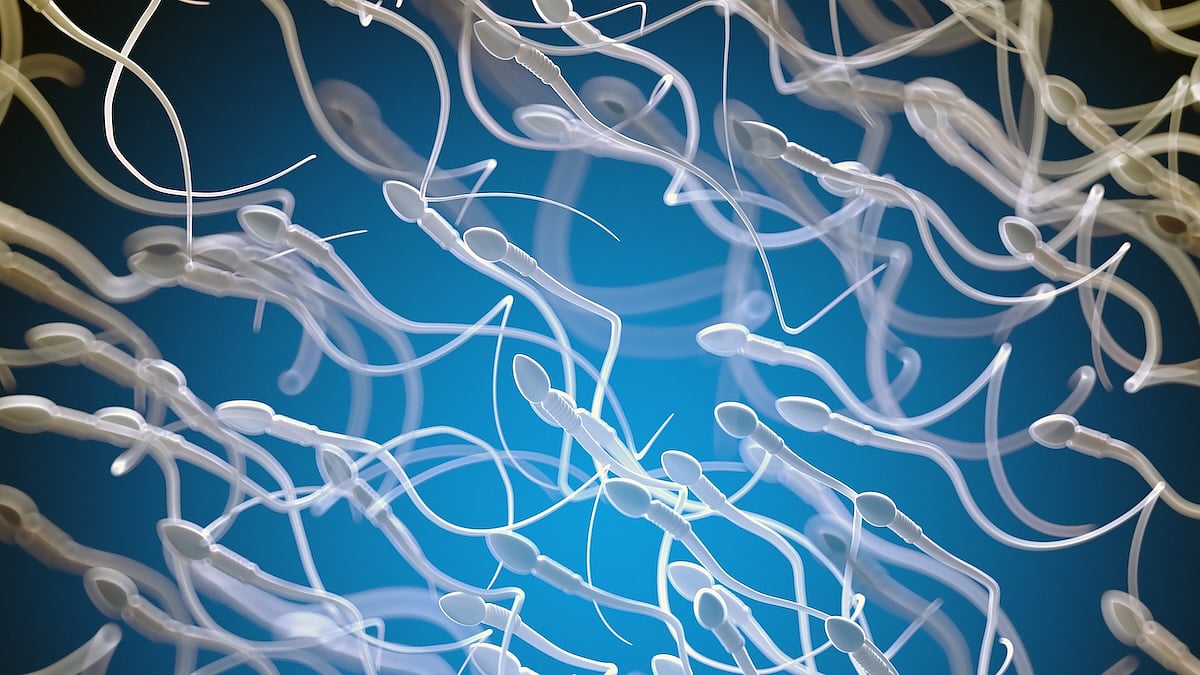Get Healthy!

- Ernie Mundell
- Posted September 5, 2024
Dirty Air Could Harm Men's Fertility, Noise Could Harm Women's
City living may be tough on couples wanting to conceive: New data shows that air pollution appears to be linked to lower fertility in men, while noisy traffic could harm the fertility of women.
“If our results are confirmed in future studies, it suggests that political implementation of air pollution and noise mitigations may be important tools for improving birth rates in the western world," noted a Danish team of researchers. They published their findings Sept. 4 in The BMJ.
According to background information in the study, 1 in every 7 couples worldwide have trouble conceiving.
Trying to determine if environment might play a role, a team led by Mette Sørensen, of the Danish Cancer Institute in Copenhagen, looked at data on over 900,000 Danish adults ages 30 to 45. All had fewer than two children, were cohabiting or married, and resided in Denmark between 2000 and 2017.
All men and women that had any existing infertility diagnosis as they entered the database were excluded, as was anyone who'd undergone a sterilization procedure.
The researchers used participants' addresses to look up 1995-2017 data on local air pollution levels where they lived. They looked particularly at annual average air concentrations of PM2.5, very fine particulate matter that can lodge deeply into the lungs.
The team also tracked road traffic noise levels at each participant’s address.
Over 18 years of follow-up, infertility was diagnosed in 16,172 men and 22,672 women.
Men aged 30 to 45 had a 24% higher risk of being diagnosed with infertility if they'd been exposed to higher average levels of PM2.5 air pollution over five years, the data showed. That was true after the researchers adjusted for other possible factors, such as income, education level and occupation.
PM2.5 air pollution appeared to have no link to fertility in women.
However, women's fertility did seem to be influenced by a different factor -- noise.
Women over 35 who'd been exposed to 10.2 decibel higher average levels of road traffic noise over five years had a 14% higher odds of being diagnosed as infertile, the study found. This was not true for women ages 30 to 35, however.
The effect was much smaller among men: Road traffic noise exposure was linked to only a slight increase in infertility for men ages 37 to 45, and not at all for men ages 30 to 37, the study found.
The study wasn't designed to prove cause-and-effect, the researchers stressed in a journal news release, only associations.
Sørensen's group noted that prior research has found links between local air pollution and sperm quality, as well as success rates after fertility treatments.
More information
Find out more about factors that could influence fertility at the National Institute of Child Health and Human Development.
SOURCE: The BMJ, news release, Sept. 4, 2024







